

© 2024 Always Buying Scrap! • All Rights Reserved • Website by Chariot
This site protected by reCAPTCHA and the Google Privacy Policy and Term of Service apply.
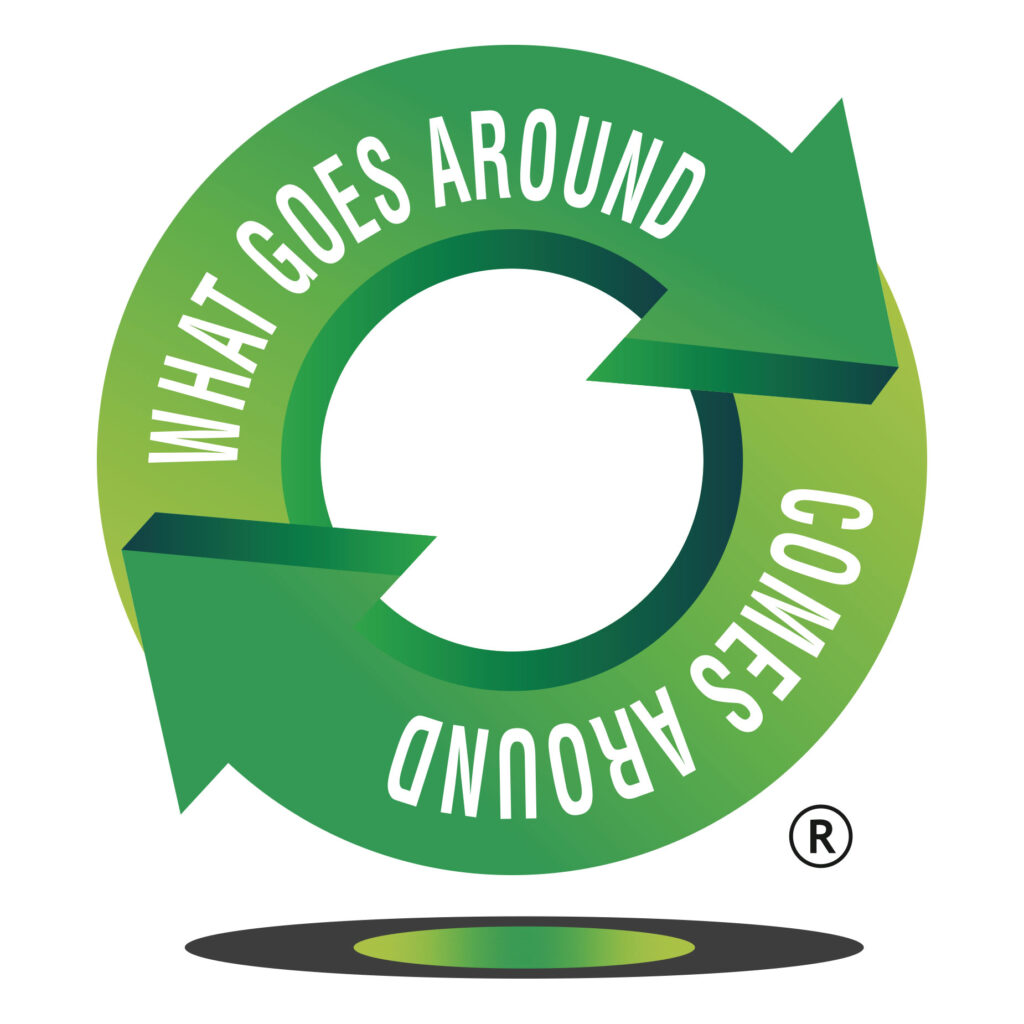 Reduce, Reuse, Remanufacture, and Recycle
Reduce, Reuse, Remanufacture, and RecycleThe Scrap Metal Industry is involved in the circular economy as the 4th R in Reduce, Reuse, Remanufacture, and Recycle. While it can often take a hundred years or more to reclaim some steel from buildings and infrastructure, recycling yards often see medium and short-service life commodities such as household metal products, domestic appliances, automobiles, and medical equipment. Our recycling efforts contribute at least 20% to the global metal output and contribute as much as 3-4% to the US GDP in recent years.
Supply chains strained by COVID-19 and geopolitical conflict including the taxing or prohibiting of the exportation of scrap metal, have created a need for countries to look within for sources of commodities. In addition, metal mining and manufacturing have a large footprint that commands attention. It is estimated that between 2-7% of all global C02 emissions are a result of aluminum and steel manufacturing. Recycling scrap metal reduces energy consumption by as much as 70% compared to making metal from ore.
On average, one ton of recycled steel saves approximately 3086 lbs. of iron ore, 1,630 pounds of coal, and 265 pounds of limestone.”
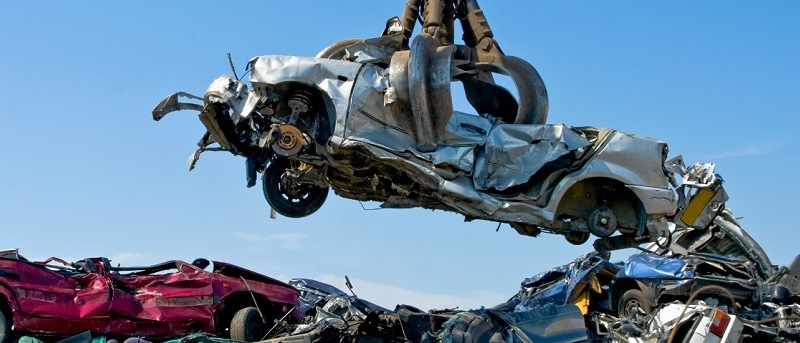 The scrap industry reduces our collective footprint on the environment by reusing resources. It takes up to forty tons of earth to extract enough iron ore to make a ton of steel. It takes only a ton of scrap steel to make a ton of steel. To put it in another way, recycling a single steel can save 1 laundry load, an hour of TV, or 24 hours of a 10-watt LED lightbulb.
The scrap industry reduces our collective footprint on the environment by reusing resources. It takes up to forty tons of earth to extract enough iron ore to make a ton of steel. It takes only a ton of scrap steel to make a ton of steel. To put it in another way, recycling a single steel can save 1 laundry load, an hour of TV, or 24 hours of a 10-watt LED lightbulb.
The Scrap Industry employs many people. Our industry provides jobs required for scrap collection, separation, and recycling. Jobs include accounting, sales, skilled labor, driving, mechanics, etc.
As of 2022, the US Scrap Metal Recycling Market is estimated at 9.2 billion and reach a valuation of 15.6 billion by the end of 2032.”
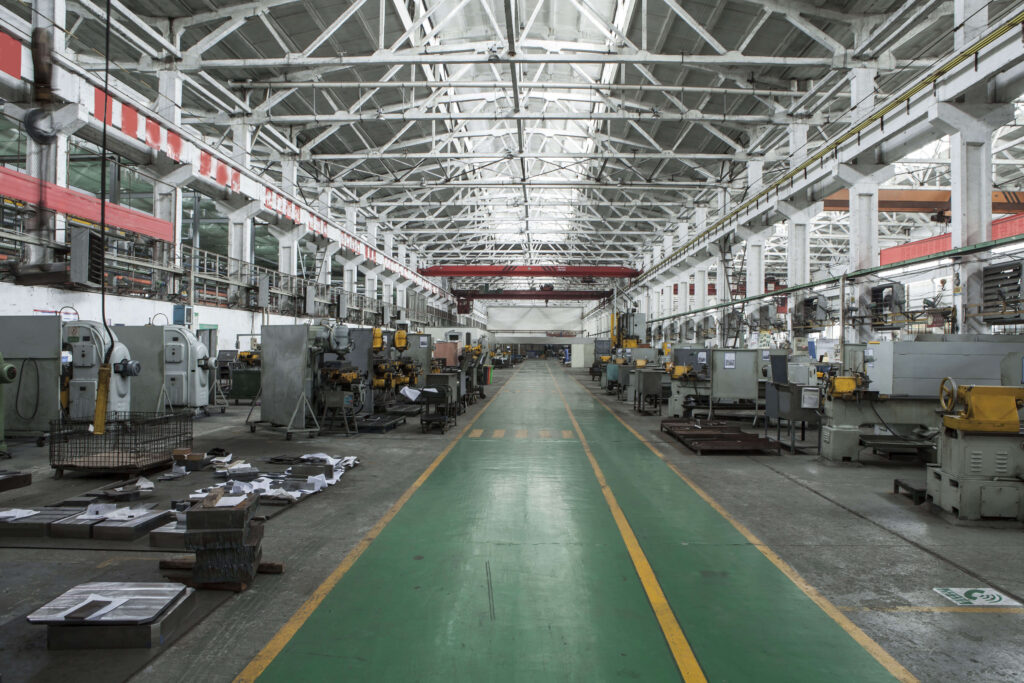 Manufacturers may have scrap metal generated from the manufacturing process. This may include pieces of steel, copper, aluminum, brass, cuttings, and shavings, broken tools, tool bits and equipment, nuts, bolts, and washers. Companies often have questions about the best way to get rid of their scrap. That’s where we come in. Our cost-effective and reliable removal solutions make the process easy while turning your scrap into money.
Manufacturers may have scrap metal generated from the manufacturing process. This may include pieces of steel, copper, aluminum, brass, cuttings, and shavings, broken tools, tool bits and equipment, nuts, bolts, and washers. Companies often have questions about the best way to get rid of their scrap. That’s where we come in. Our cost-effective and reliable removal solutions make the process easy while turning your scrap into money.
Always Buying Scrap works with many manufacturing companies in the Triangle. We take pride in being easy to work with, and we guide our customers through every step of the process. We genuinely mean it when we say that our service is second to none.
 At Always Buying Scrap, we believe in sharing the many blessings that have been bestowed upon us. We service some local non-profits by helping them turn scrap into revenue for their programs.
At Always Buying Scrap, we believe in sharing the many blessings that have been bestowed upon us. We service some local non-profits by helping them turn scrap into revenue for their programs.
In addition to trapping, spaying/neutering, and releasing feral & cast-away cats, we feed a feral cat colony 7 days a week including holidays and Sundays. We support Independent Animal Rescue through contributions and donations of cages, traps, and bowls that come in as scrap.
Always Buying Scrap, Inc. has made an earnest effort to support families affected by the 9-11 tragedy in NYC through 911justice.org.
Our involvement in the community extends to university fund-raising events where ABS has donated dozens of vehicles throughout the years.
We really mean it when we say “what goes around comes around.”
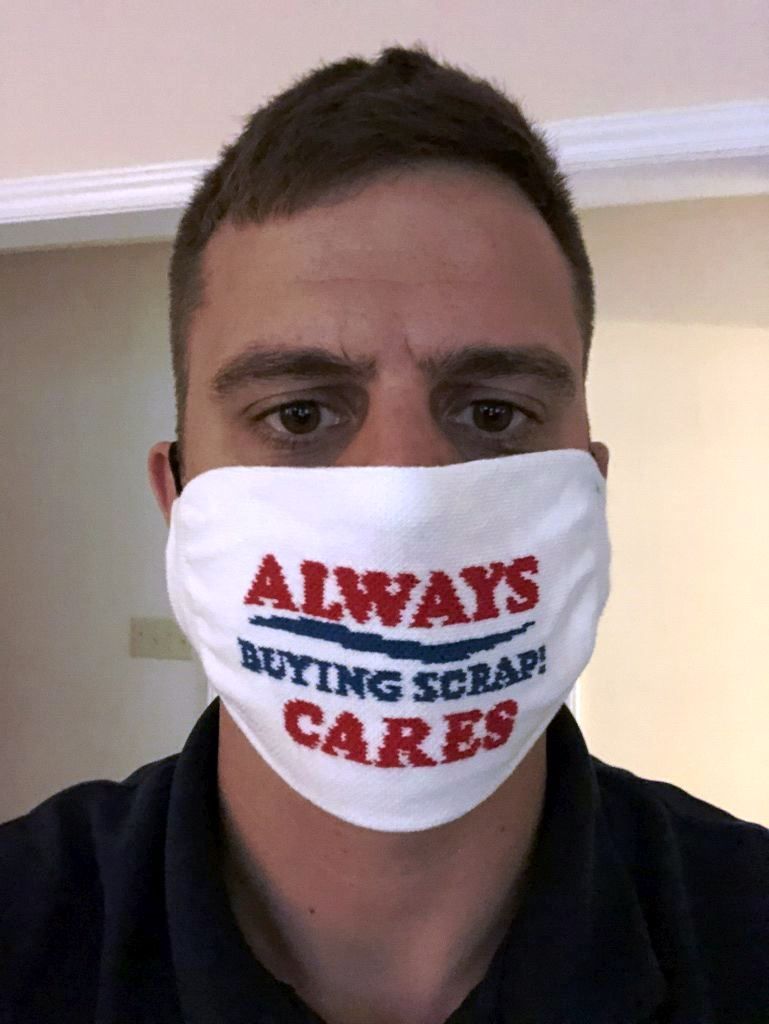 Always Buying Scrap is resuming business with a new schedule and new safety plan during Phase 1 of Governor Roy Cooper’s plan to ease COVID-19 restrictions. The retail processing facility at 2210 Kate Street in Durham will operate from 8:00am to 4:30pm Monday through Friday and Saturday 8:00am to 11:30am starting Monday May 18th. Please check the Hours page of the site for any changes for holidays or other eventualities.
Always Buying Scrap is resuming business with a new schedule and new safety plan during Phase 1 of Governor Roy Cooper’s plan to ease COVID-19 restrictions. The retail processing facility at 2210 Kate Street in Durham will operate from 8:00am to 4:30pm Monday through Friday and Saturday 8:00am to 11:30am starting Monday May 18th. Please check the Hours page of the site for any changes for holidays or other eventualities.
Customers can expect to see clean and sanitized hand washing area, and a hand sanitizing station at the payment center of the business. Owners Dave & Fran Rush are taking the responsibility of this re-open seriously with daily facility cleaning schedules and rules for the business. A supply of face masks will be available for employees and customers as well.
Customers and employees in the retail area of the scrap yard are required to wear face coverings and mind the social distancing practice of remaining 6 feet from others at all times. Always Buying Scrap has made masks for staff and customers (left).
The commercial pick-up and roll-off container service offered by Always Buying Scrap is continuing without interruption with most payments being made by mail and business conducted by phone. The vendors and resources necessary to conduct business are still intact and available, giving Always Buying Scrap the recipe for another great year satisfying customers, and recycling scrap metal materials.
For more information about retail prices or other inquiries, call us at (919) 251-9497 or email us from our contact page. For commercial/business pick-up or roll-off services or pricing inquiries, call (877) SCRAP-30 or email Mike Lee. Thank you for your continued business, and we look forward to serving you soon.
Always Buying Scrap has begun a six-month long campaign to raise its visibility with businesses both locally and across the state. It wants to build partnerships and provide solutions to businesses that generate metal and convert that from a problem into a profit center for them. The ad campaign in Business North Carolina shows one of its roll off container trucks.
Always Buying Scrap can work with companies to schedule a roll off container for a one-time pickup or for ongoing service.
Always Buying Scrap deals mainly with companies in the RTP area, but it does pick up further away as well, where volumes and other factors make it cost-effective. If you are a company looking for a scrap metal removal service that can turn that waste into dollars, contact us.
Business North Carolina has a circulation of around 26 thousand per edition and a readership of more than a hundred thousand, so Always Buying Scrap is hoping that among those readers there are companies who will look into the solutions Always Buying Scrap provides.
 Always Buying Scrap provided a sponsorship to Independent Animal Rescue (IAR) in the Great Human Race in Durham. The run is the largest collaborative fundraising event in the Triangle, benefiting hundreds of nonprofits. In its 22nd year, the Great Human Race is a five kilometre event that this year began and ended at the Durham Bulls Athletic Park. Runners and walkers followed a route through the gentle hills of the Forest Hills neighborhood, with the last leg on the American Tobacco Trail before returning to the Bulls Stadium. The race is a certified and timed 5K competitive run and walk. The Great Human Race has raised over $3 million since its inception in 1996. Although registered runners are not permitted to have dogs on the course, the Independent Animal Rescue group had a runner, Deb Eveland, who carried the flag for IAR.
Always Buying Scrap provided a sponsorship to Independent Animal Rescue (IAR) in the Great Human Race in Durham. The run is the largest collaborative fundraising event in the Triangle, benefiting hundreds of nonprofits. In its 22nd year, the Great Human Race is a five kilometre event that this year began and ended at the Durham Bulls Athletic Park. Runners and walkers followed a route through the gentle hills of the Forest Hills neighborhood, with the last leg on the American Tobacco Trail before returning to the Bulls Stadium. The race is a certified and timed 5K competitive run and walk. The Great Human Race has raised over $3 million since its inception in 1996. Although registered runners are not permitted to have dogs on the course, the Independent Animal Rescue group had a runner, Deb Eveland, who carried the flag for IAR.
Deb thanked Always Buying Scrap for its donation to her fundraising page and to IAR in the Great Human Race, saying she really appreciated their support. “We had a great day, and it was good to be out there with other IAR volunteers – and some dogs too – and know that so many people like you are working together to improve the lives of cats and dogs in our community.” Aside from their sponsorship of IAR, Always Buying Scrap has a rescue kitty that looks after their office (top left).
The group from IAR that attended the race is below.
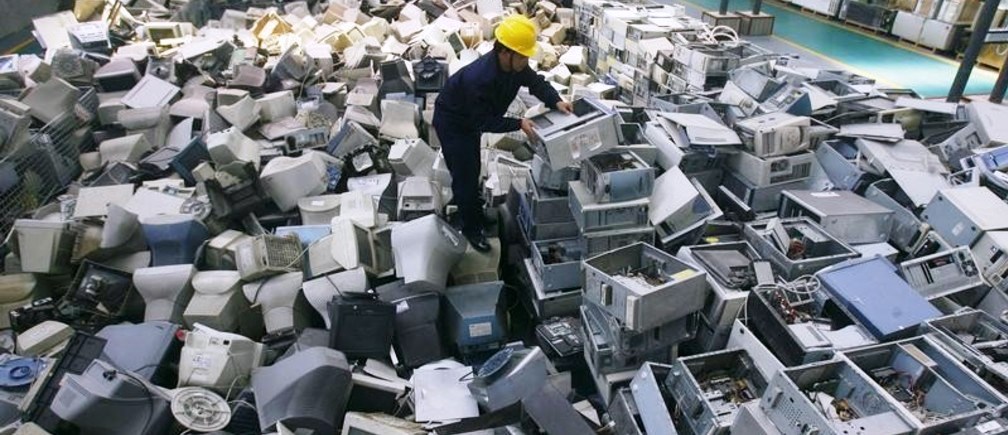 China was once a destination for low grade scrap where cheap labor was used to extract the valuable fractions. This is increasingly no longer true.
China was once a destination for low grade scrap where cheap labor was used to extract the valuable fractions. This is increasingly no longer true.
Some time ago, China instituted its “Green Fence” policy. They started to inspect imported scrap loads with greater frequency and intensity, looking for loads that might be garbage disguised as scrap. They were looking for loads of mixed plastics and scrap metal with a lot of tramp material. Rejected loads were sent back to their origin at the shipper’s expense. A lot of US-based brokers who exported to China simply stopped buying.
Fast forward. China – in an effort to clean up it’s environment and be in good standing with the World Trade Organization (WTO) of which it is now a member – has instituted a new policy called “National Sword”. This new policy has raised standards for purity, allowing no more than one percent contamination for many commodities such as plastic, cardboard, and many grades of scrap metal. In a word, China no longer has an insatiable appetite for low grade scrap. While still in the market for higher grades, China is no longer the dominant destination for scrap that it once was.
Some of this material will be diverted to other developing countries and the rest will stay here. The good news is that increased domestic processing capacity will be put on line to take advantage of this new opportunity to extract the valuable parts of “dirty scrap”. In the short term, domestic scrap sellers will be left with weaker markets for their products. Taking a longer view, those that invest in new machinery and technology will have new value-added opportunities, and those that supply them will have better domestic markets.
In terms of producing war materiel, providing jobs, as well as putting added value back into our G.D.P., we should take a hard look at trying to do the same for our domestic manufacturing sector. Nothing illustrates this more than the current panic over the difficulties of exporting raw materials to buy them back for more money as finished goods, while trying to figure out how to create good jobs for Americans. We should have never been in a situation of being overly-dependent on exporting our resources due to a lack of a need for them at home.
The conclusion: We need to clean up our act, and responsibly recycle our own scrap. At the end of the day, China may have done us a favor.
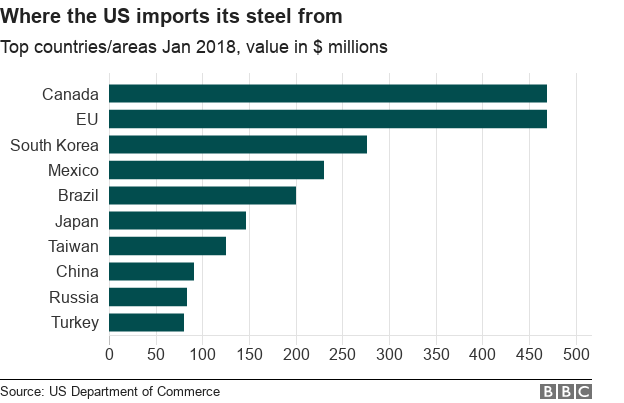 Following the president’s tweet, questions are being asked: “Should President Trump impose tariffs on foreign steel and aluminum?” And, “How will a tariff affect our economy and metal prices?”
Following the president’s tweet, questions are being asked: “Should President Trump impose tariffs on foreign steel and aluminum?” And, “How will a tariff affect our economy and metal prices?”
If the allegations of foreign government subsidies to their steel and aluminum industries are true, then this is something that is detrimental to our domestic industries. The same could be said in cases of dumping (predatory pricing) where a product is sold cheaper than its production cost in an effort to gain market share by driving out competitors. This practice is illegal in the United States.
Barring these two scenarios, free market economics dictates that goods should always be produced by the lowest cost producer and sold into the highest market. Unless there is cheating going on to artificially lower costs, or there is a tariff on our goods sold into a foreign country, tariffs are probably not going to be helpful.
While providing a boost to domestic steel and aluminum producers, we already have a case of much-diminished domestic manufacturing capacity. Therefore, with a reduced ability to absorb this metal domestically, we will likely try to export more in a time where factors such as: a strong dollar; China using more of it’s own post-consumer scrap; and, possible retaliatory tariffs, may combine for a perfect storm of things that aren’t good.
Where Trump may be correct, is that at least for now, we’re still the world’s largest economy and the unwillingness to sell cheap products to us by means of retaliatory tariffs may ultimately hurt the foreign manufacturers a great deal. Unfortunately, this won’t come without pain for us, and therefore, tariffs should be used sparingly on a case-to-case basis. Soft power and careful negotiating may ultimately gain us more than sweeping tariffs.
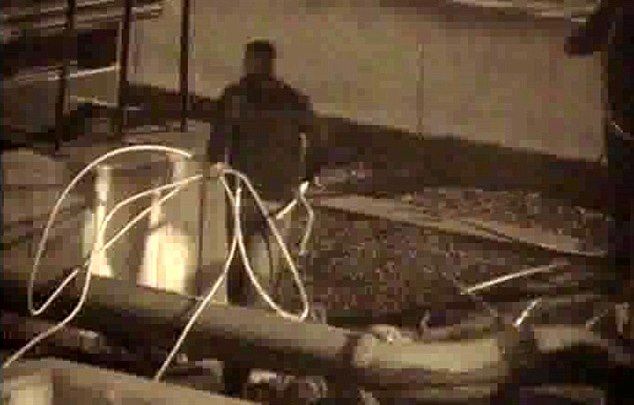 Because scrap metal is easily converted to cash, unfortunately it’s a target for theft. Although stolen material represents about one percent or less of all purchases, it’s still a serious problem.
Because scrap metal is easily converted to cash, unfortunately it’s a target for theft. Although stolen material represents about one percent or less of all purchases, it’s still a serious problem.
Through collaboration with the scrap metal industry, North Carolina has enacted state saws to help curtail the problem. These laws help to easily identify thieves of scrap metal and prosecute them.
Here are measures we take to ensure that stolen materials don’t end up at our yard:

As a family-owned business, we treat you with integrity and respect.


8:00am to 4:30pm
Last customer will be let in the gate at 4:15pm.
8:00am to 12:00pm
Last customer will be let in the gate at 11:30am.


© 2024 Always Buying Scrap! • All Rights Reserved • Website by Chariot
This site protected by reCAPTCHA and the Google Privacy Policy and Term of Service apply.